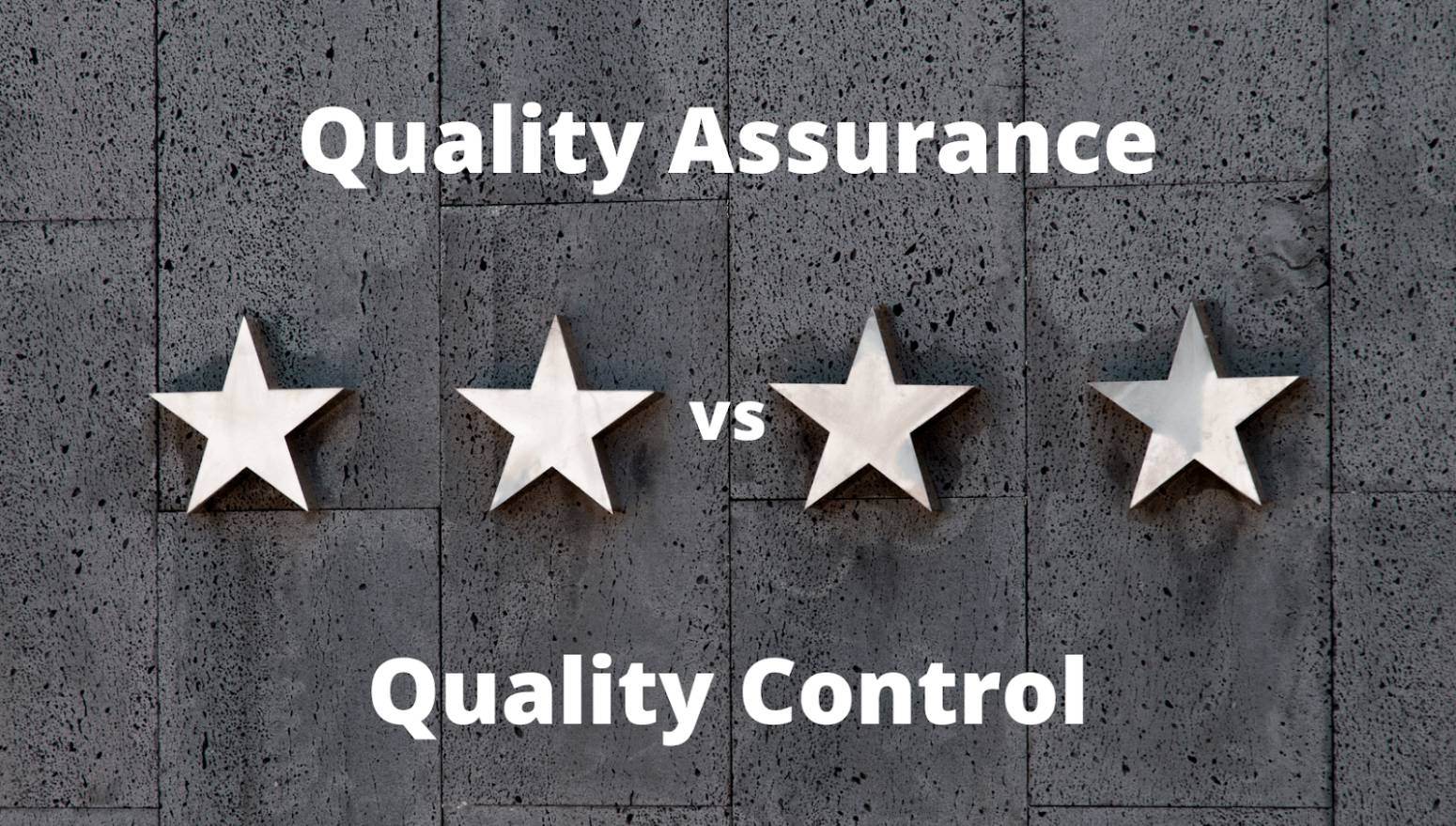The role of quality assurance in the food industry is an extremely important one. After all, we’re talking about the food we eat. But what is the difference between quality control and quality assurance in food processing? Both terms are often used interchangeably to refer to the process of ensuring the quality of a product—but can you honestly say you know what they mean and how they differ? Read on to find out.
Overview:
- What is quality assurance in the food industry?
- Quality assurance vs quality control
- Role of quality assurance in food industry
- Essential equipment for quality assurance and quality control
What is quality assurance in the food industry?
Before we discuss the role of quality assurance in the food industry, let’s start with “what is quality assurance in the food industry?”.
Quality assurance is a proactive set of measures that aim to ensure a set product quality standard by preventing defects during the processing stage.
What is the difference between quality control and quality assurance?
Distinguishing between quality assurance (QA) and quality control (QC) is crucial in understanding their distinct roles in ensuring product quality. Quality assurance (QA) is primarily concerned with preventing defects throughout the production process, emphasising proactive measures such as process improvement, training, documentation, and audits. On the other hand, quality control (QC) is focused on identifying and rectifying defects that may exist in the final product, emphasising inspections and testing to ensure product compliance.
It’s worth noting that these terms are sometimes used interchangeably, especially in smaller businesses, where a QA manager’s responsibilities may encompass a broader range of tasks, including hygiene, pest control, defect identification, regulatory compliance, and addressing customer complaints. Because quality assurance and quality control are two distinct but related functions, both are necessary in a food processing plant.
What is the difference between quality control and quality assurance (and do I need them both)?
So, quality assurance (QA) aims to prevent defects during processing. Quality control (QC) is required to identify defects that exist in the finished product and ensure corrective action can be taken.
As previously mentioned, these terms are often used interchangeably and perhaps this is in part due to the nature of a QA Manager’s role covering both responsibilities in small to medium sized food businesses. For example, in large food processing corporations, a QA manager generally focuses on supervision of the QA team and developing QA protocols to be followed. In SMEs however, a QA manager’s role might encompass hygiene, pests, defect identification, regulatory compliance and responding to customer complaints too.
Because quality assurance and quality control are two distinct but related functions, both are necessary in a food processing plant.
What does quality control do?
Quality control (QC) plays a vital role in upholding and enhancing product quality within a business. Its primary objective is to maintain consistency and improve product quality. QC accomplishes this by conducting rigorous testing and inspections on individual units to determine if they meet the specified criteria for the final product. In essence, quality control ensures that products adhere to the highest standards set by the company.
Role of quality assurance in the food industry
The importance of a good quality assurance system for food processors cannot be overstated. While we have outlined above what it aims to achieve and how it differs from quality control, there is still a broader role of quality assurance in the food industry.
Gizen Kayar writes in New Food Magazine that, “QA is the backbone of food manufacturing; food has a direct effect on health and can be lethal if proper protocol is not followed.”
Not only does the role of quality assurance in the food industry directly relate to food safety, which we can all agree is fundamental, it also directly contributes to business success and profitability.
The role of quality assurance in the food industry also covers compliance with legal, customer, internal/external standards, as well as continuous improvement of quality, record keeping, reporting, problem detection and solving, which ultimately ensures a safe, high quality product is delivered to the consumer.
The consistent production of high-quality products by food companies builds consumer trust, which builds brand loyalty, and this can help to keep you ahead of the competition.
Essential equipment for food quality assurance & control
Eagle PI is the global standard in food inspection equipment. These state-of-the-art X-Ray food inspection systems can be used to keep contaminants out of the production process (QA), as well as catch contaminants before products leave the factory (QC). It just depends where you position them in the production process. X-Ray systems that are most commonly found at the end of the production line are used to identify defects before products are dispatched and sent to the retailer or distributor.
Eagle’s machines can also be used earlier on in the production process to perform additional quality control checks, such as:
- measuring mass
- counting components
- identifying missing or broken products
- monitoring fill levels
- inspecting seals for food entrapment
Not only that, they feature HACCP compliance software to ensure that food safety is always front of mind.
–
If you’d like further details about the Eagle X-Ray machines we supply, please don’t hesitate to contact our friendly team on AUS 1800 882 549 or NZ 0800 100 003. Don’t forget, all FPE’s X-Ray customers have access to a 24-hour support line for equipment breakdowns and emergencies, for total peace of mind.






